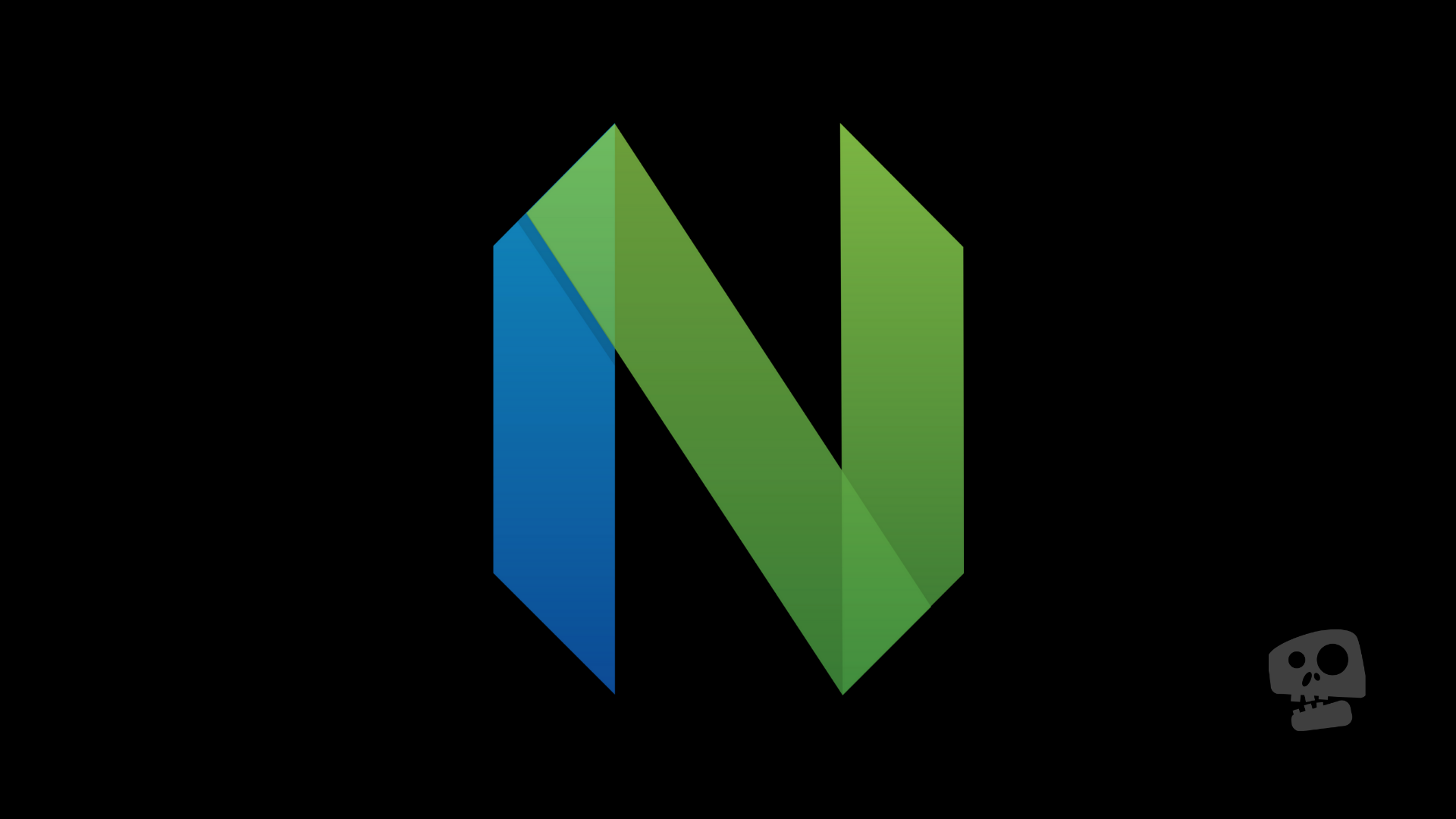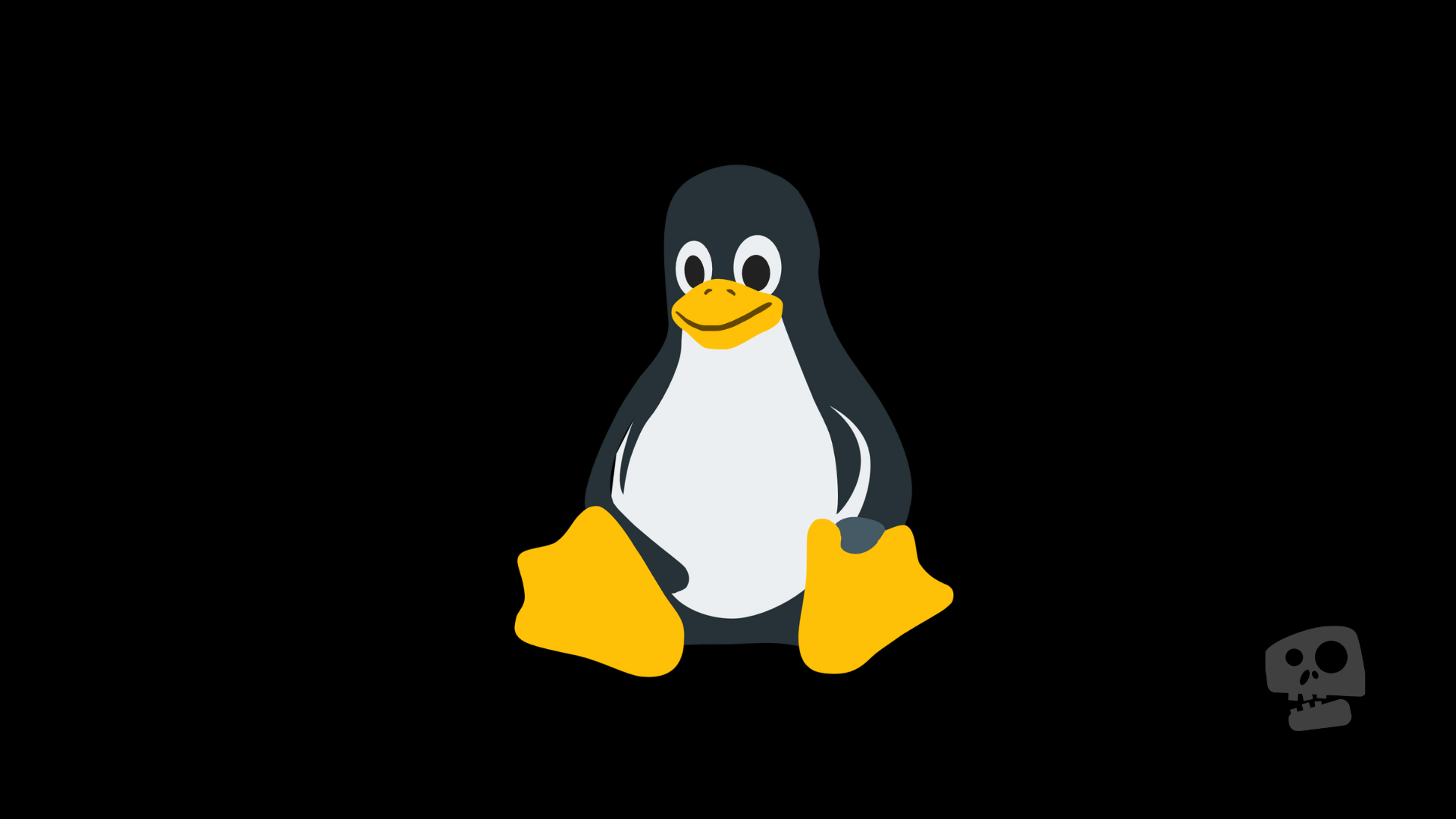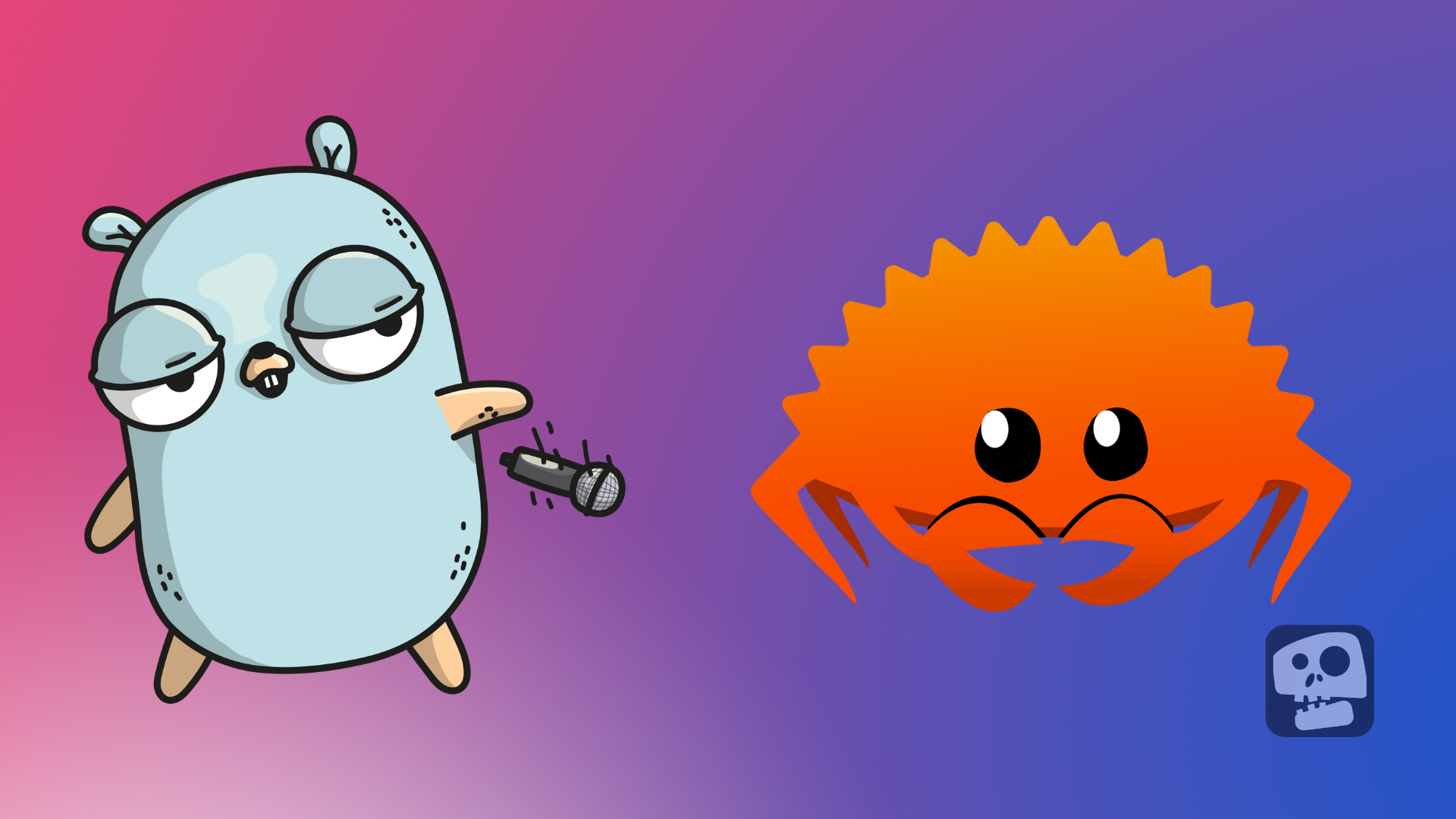
Get Started with NeoVim
What’s NeoVim? 🇳 It is an open source project, a fork of the modal text editor known as Vim. I prefer to refer to it as modern Vim, because they removed the old features and added new ones. As of this writing, the total number of stars on NeoVim’s repository is 55.6k. This means that programmers love this modal text editor. Installation Guide 📋 Windows (note: windows 8 or later are the only supported versions)...


